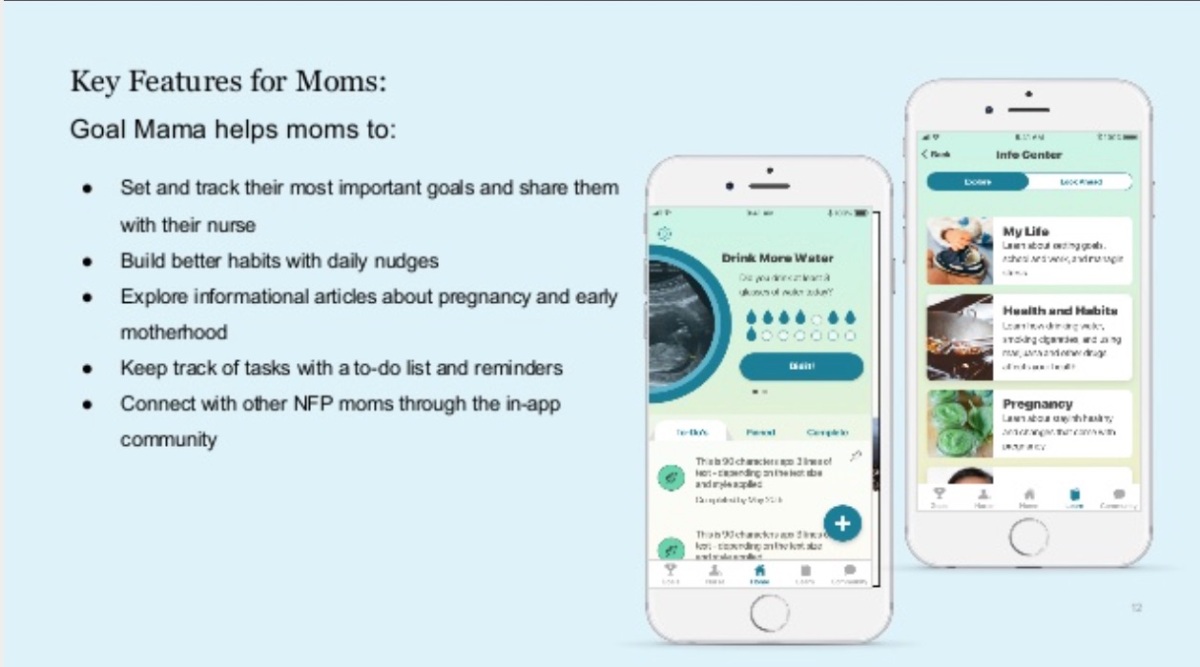Anti-Abortion Legislation and the Perverse Logic of Human Capital Impact Investing

If an increasingly automated Fourth Industrial Revolution economic system demands an abundance of poverty data to keep global capital markets moving, it makes sense that those in power might seek to increase births resulting from unwanted pregnancies. I do not believe it is coincidental that provisions for home-visits, widespread ACEs screenings, and early childhood investments are hitting state legislatures at the same time as bills that restrict access to abortion. In a world where abortion is restricted, more pregnancies = more health outcomes data to track. More “at-risk” babies = more children to be channeled through “evidence-based” early childhood interventions.
The impact economy thrives on trauma (see this post on ACEs). The more trauma, the more opportunities to demonstrate “impact,” gamble on life outcomes, and generate profit from privatized social services. According to the twisted logic of late-stage capitalism, there is a real financial incentive to increase traumatic pregnancies. That trauma can be physical, emotional, economic or some combination. Legislation that denies a person bodily autonomy and limits their ability to choose whether or not to carry a pregnancy to term will create tremendous stress, and thus many humans (adults and children) who will likely be identified as needing some type of “evidence-based” intervention.
In the cold, calculating world of social impact investing, the poor, even those still in the womb, exist on a continuum of potential criminality and need. Their perceived value to the system lies less and less in their productive labor, but instead in their willingness to be pre-emptively “fixed” by bureaucratic systems that do not see their innate humanity, just data, data on a dashboard.
Providing unconditional support to those in need is seen less and less as an acceptable option. Instead, society is adopting a mindset where the worthy poor will be separated from the unworthy; where ubiquitous surveillance and Internet of Things tracking will monitor compliance, algorithmically assess a person’s risk profile, and award assistance, or not. In this future, social supports will be ephemeral and conditional. Rights, privileges, and CONTINUE READING: Anti-Abortion Legislation and the Perverse Logic of Human Capital Impact Investing – Wrench in the Gears
The Opioid Crisis In CT: How Family Data Collection Grows Pay for Success ProfitThe Opioid Crisis In CT: How Family Data Collection Grows Pay for Success Profit

The next logical step in the evolution of pay for success finance is broadening the scope of interventions from individuals to families. Rather than focusing on a child that needs educational support, an incarcerated person planning for re-entry, a veteran’s PTSD, or a substance user’s recovery, investors are developing new models that expand targeted populations and capture “impact” data across MULTIPLE lives. In this way investors will leverage targeted (limited cost) investments in privatized public services to capture more metrics of “success” and thereby increase profit-taking.
An example of this is the Connecticut Family Stability project. This pay for success effort was launched in 2016 and targeted households where a parent was identified as having a substance use problem, and the child had involvement with the state’s Department of Children and Families. The Family-Based Recovery program was used, an in-home treatment developed in 2006 by the Yale Child Study Center in partnership with Johns Hopkins University for the Connecticut Department of Children and Families. CONTINUE READING: The Opioid Crisis In CT: How Family Data Collection Grows Pay for Success Profit
